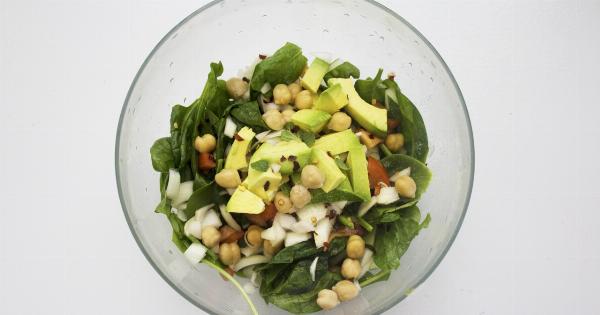Ice cream is a popular frozen dessert enjoyed by people of all ages around the world. It is a treat that brings joy and satisfaction, especially during hot summer days.
While many people consider ice cream to be a guilty pleasure, it is important to understand its nutritional value to make informed choices about consumption. This article delves into the nutritional composition of ice cream, discussing its calorie content, macronutrients, vitamins, and minerals.
Calorie Content
Ice cream is a calorie-dense food due to its high fat and sugar content. The exact calorie count varies depending on the brand, flavor, and serving size. On average, a single scoop of ice cream (about 1/2 cup) can contain approximately 200-250 calories.
It is essential to be mindful of portion sizes to avoid excessive calorie intake.
Macronutrients
Ice cream primarily consists of three macronutrients: carbohydrates, fats, and proteins.
Carbohydrates
Carbohydrates form the bulk of ice cream’s macronutrient composition. The main source of carbohydrates in ice cream is sugar, which provides the sweet taste. The sugar content varies depending on the flavor and type of ice cream.
Additionally, ice cream also contains some amounts of complex carbohydrates from milk.
Fats
Fat gives ice cream its creamy texture and contributes to its overall taste. The fat content of ice cream varies by type and flavor, with richer ice creams often containing higher fat content.
Most ice creams are made with cream and/or milk, which are sources of saturated fats. Some variations, such as low-fat or reduced-fat ice creams, are available for those seeking lower fat options.
Proteins
Ice cream contains a small amount of protein. This protein comes mainly from the milk or cream used in its production. While ice cream is not considered a significant source of dietary protein, it still contributes to the overall nutritional profile.
Vitamins and Minerals
Ice cream contains various vitamins and minerals, albeit in lesser quantities compared to other food groups.
Vitamins
Ice cream is a source of essential fat-soluble vitamins, such as vitamin A and vitamin K. These vitamins are naturally present in the milk and cream used to make ice cream.
Minerals
Ice cream also provides some minerals, including calcium and phosphorus. These minerals are essential for maintaining strong bones and teeth.
Health Considerations
While ice cream can be a delicious treat, it is important to consume it in moderation due to its calorie-dense and nutrient-poor nature.
Excessive consumption of ice cream can contribute to weight gain and other associated health issues, such as high cholesterol levels or an increased risk of developing chronic diseases. It is recommended to enjoy ice cream as an occasional indulgence rather than a daily staple.
Tips for Healthier Options
If you are looking for healthier alternatives to traditional ice cream, consider the following options:.
1. Frozen Yogurt
Frozen yogurt is a popular alternative to ice cream. It is lower in fat and calories while still providing a creamy and sweet taste. Opt for plain or lightly flavored frozen yogurt without excessive added sugars.
2. Fruit Sorbet
Sorbet is a frozen dessert made with fruit puree or juice. It is usually fat-free and has a refreshing taste. Choose sorbets made with real fruits to enjoy their natural sweetness and nutritional benefits.
3. Gelato
Gelato is an Italian-style ice cream known for its creamy texture and intense flavors. It typically contains less air and lower fat content than traditional ice cream. Look for authentic gelato made with high-quality ingredients.
4. Homemade Ice Cream
By making ice cream at home, you have better control over the ingredients used. Choose recipes that incorporate healthier alternatives, such as substituting full-fat dairy with low-fat options or using natural sweeteners like honey or maple syrup.
Conclusion
Ice cream is undeniably a delightful dessert enjoyed by many. While it is essential to savor its taste and experience, understanding its nutritional value can help make informed decisions about consumption.
Remember to enjoy ice cream in moderation as part of a balanced diet, being mindful of portion sizes and considering healthier alternatives when available.





























